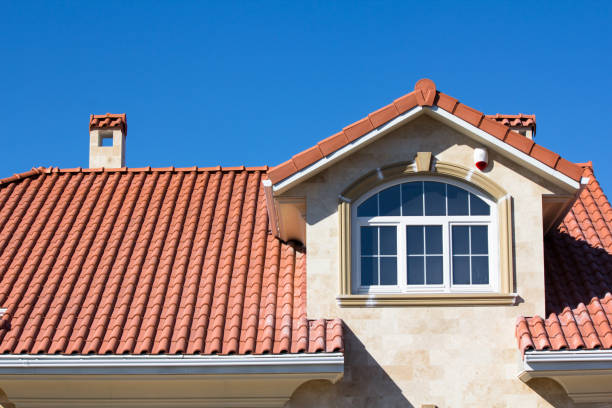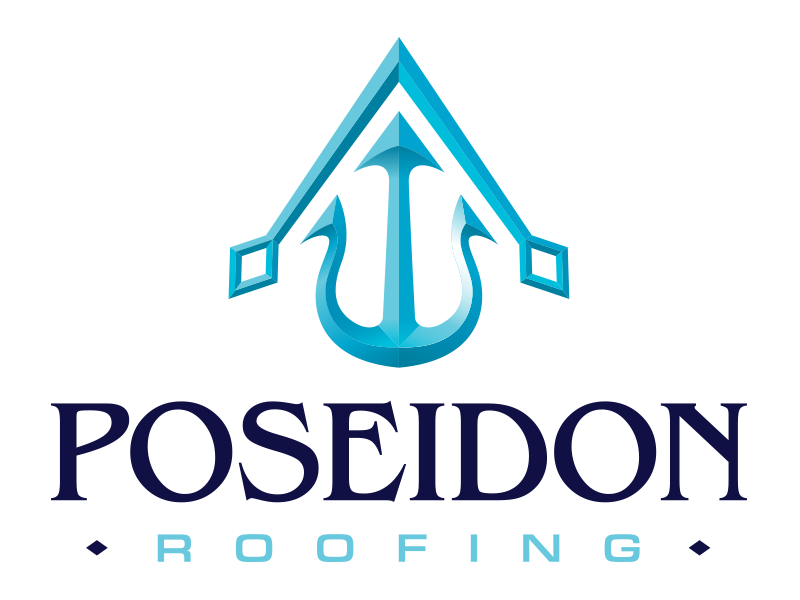Blog
What is Flat Roof Repairs? Everything You Need To Know

When it comes to home improvements, a roof replacement is one of the most significant investments a homeowner can make. But beyond the immediate benefits of enhanced curb appeal and better protection from the elements, many homeowners wonder: will a new roof lower my insurance rate? The answer is often yes. In this blog post, we will delve into the various benefits of a new roof, including how it can lower your insurance premiums, the types of roofing materials that can influence your insurance rates, and what to expect during the process.
The Impact of a New Roof on Homeowners Insurance
One of the primary reasons a new roof can lead to lower insurance premiums is that it reduces the high risk amount of roof damage and claims for the insurance company. Older roofs are more prone to leaks, storm damage, and other issues, making them a higher risk for insurers. Conversely, a new roof is less likely to suffer from such problems, translating to fewer claims and, therefore, lower insurance costs.
How Roofing Materials Affect Insurance Premiums
The type of roofing materials used can significantly impact your home insurance premium. For example, asphalt shingles are the most common roofing material and are typically covered by most insurance companies. However, some materials offer better protection and durability, which can lead to reduced premiums or potential discounts on your insurance premiums. Materials such as metal, tile, and impact-resistant shingles can withstand severe weather better than traditional asphalt shingles, reducing the likelihood of roof damage.
Impact Resistant Roof Discount
Some insurance companies offer an impact resistant roof discount for homeowners who install roofing materials that they claim can better withstand hail and wind. These materials not only last longer but also decrease the risk of damage, resulting in lower insurance premiums.
The Role of Roof Age in Insurance Costs
Insurance companies often provide a roof age discount for newer roofs. The newer the roof, the less likely it is to experience problems, making it a lower risk for the insurer to pay for. This discount can vary depending on the insurance provider, but it typically means significant savings on your home insurance premium.
Lower Insurance Premiums with Regular Maintenance
A well maintained roof is crucial in keeping your insurance premiums low. Regular inspections and timely repairs can prevent minor issues from becoming major problems, thereby reducing the number of claims you might need to file. Insurance companies reward homeowners who proactively maintain protect their roofs with lower insurance rates.
Additional Benefits of a New Roof
Besides lower insurance premiums, the cost of a new roof offers several other benefits that can enhance your home’s value and your quality of life.
Improved Home Security
A new roof can also improve your home’s overall security. Older roofs might have vulnerabilities that can be exploited by intruders. By installing a new roof, especially one with modern, security system features, you can enhance the protection of your home. Additionally, combining a new roof with home security systems can further lower your insurance costs.
Energy Efficiency and Comfort
New roofs often come with improved insulation and ventilation, making your home more energy-efficient. This can lead to lower utility bills and a more comfortable living environment. Improved energy efficiency of older roof is also a factor that some insurance companies consider when calculating your home insurance premiums.

What to Expect During a Roof Replacement
Replacing a roof is a significant project that involves several steps. Understanding the process can help you prepare and ensure a smooth experience.
Choosing the Right Roofing Materials
Selecting the right roofing materials is crucial for both the longevity of your roof and your insurance costs. As mentioned earlier, materials like metal and impact-resistant shingles can offer better protection and lower premiums.
Working with an Insurance Agent
Before starting the roof replacement, it’s essential to consult with your insurance agent. They can provide guidance on which materials qualify for discounts and what documentation is needed to file a claim or update your policy after the replacement.
The Installation Process
The installation process typically involves removing the old, damaged roof top, repairing any underlying damage, and installing the new roofing materials. This process can take several days to a week, depending on the size and complexity of your roof.
Updating Your Insurance Policy
After the new roof is installed, update your insurance policy to reflect the changes. Provide your insurance company with all necessary documentation, including receipts and inspection reports, to ensure you receive the full coverage and applicable discounts.
Why Choose Poseidon Roofing for Your Roof Replacement
When it comes to roof replacements, choosing a reputable contractor is essential. Poseidon Roofing offers top-notch roofing services for most homeowners, including installation, repair, and maintenance. With years of experience and a commitment to quality, we ensure your new roof not only looks great but also provides the protection you need. Their team of skilled professionals uses the best materials and techniques to deliver a roof that stands the test of time, potentially lowering your insurance costs and giving you peace of mind.
In conclusion, a new roof can significantly impact your homeowners insurance by lowering your insurance premiums and providing various other benefits. By understanding the factors that influence your homeowner’s insurance rates and working with a reliable contractor like Poseidon Roofing, you can make a well-informed decision that enhances your home’s value and security.

